Giving children a voice
How many times have parents nodded or said ‘yes’ when their child has told them something, before switching off and not absorbing what their child said?
Probably a lot! Sometimes there are so many other things going on, it can be difficult to actually acknowledge what children say in a way that makes them feel valued. So, how can we make sure that we actually are giving children a voice, rather than just appearing to?
One example is The Mosaic Approach, which views children as experts in their own lives and enables us to gain an important insight into how children view and engage with their environment. In Clark and Moss’ 2005 experiment which used this approach, they asked a group of preschool children to take them on a tour of their nursery. Children were granted autonomy over exactly where they took the researchers, what they told them about it and how they recorded it- in this case with a digital camera. This granted the researchers a unique insight into the children’s viewpoint and was without the influence of their preconceived ideas and biases over which areas of the nursery they expected to be most important to the children. Authentically giving children a voice provides us as educators with the opportunity to learn how children see the world and how they learn best. If we view children as being ‘competent social agents’ or ‘relational beings’ we respect their knowledge and experience in their capacity as children, rather than viewing them as incomplete, inexperienced or incompetent versions of adults. What better expert in the field of childhood than a child?
At KatieB, we strive to listen to and acknowledge children’s feelings, emotions and decisions. If we dismiss children when they use their voice, we are teaching them that their voice isn’t actually important. If a child doesn’t want to do something, it is not for us to use our developed, experienced, adult minds to explain why they are wrong- we use Beginner’s Mind and acknowledge that to that specific child in that specific moment, their concerns are valid and logical and should be respected. This is also important when it comes to consent. If we ask a child if they want to do something, but in a way that they don’t understand, we are rendering them incapable of consenting. A child cannot agree to something if they aren’t sure exactly what it is they are agreeing to. This is why we try to explain things in clear, simple terms, and always give children the opportunity to change their minds and play elsewhere if they are not enjoying a particular activity.
The set-up of our nursery means that our children can access any area of the room and any of the freely accessible resources at any time they like. They are empowered to make decisions for themselves and use their voices, knowing that they will always be genuinely, not superficially, listened to and acknowledged. Allowing children this freedom actually means that we can learn just as much from them as they can learn from us.
Ultimately, what we ask ourselves as educators is ‘if I were a child in this scenario, how would I feel, and how would I want an adult to respond to me?’. A child’s perspective is just as valuable as our own. Empowered children grow into empowered adults.
For a more in-depth explanation of the Mosaic Approach, click here:
https://learningaway.org.uk/wp-content/uploads/RL56-Extract-the-Mosaic-Approach-EARLY-YEARS.pdf
To read more about Beginner’s Mind, click here: https://www.creativehuddle.co.uk/how-to-adopt-a-beginners-mindset
